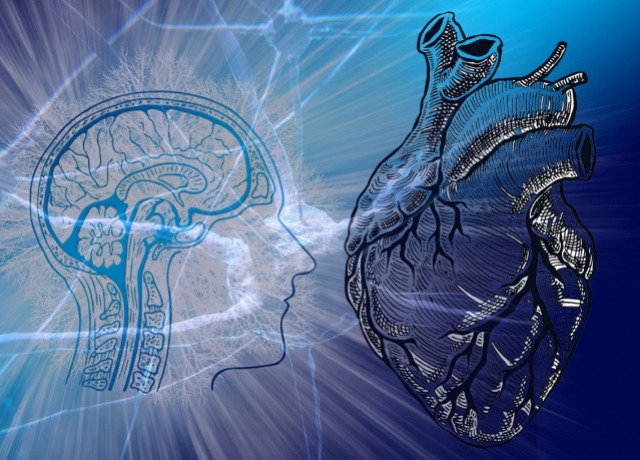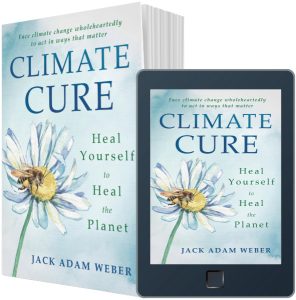So much of healing relies upon being honest, whether it’s informing ourselves about a physical ailment we suffer, the pain we endure and store away through trauma, the reality of others’ suffering, or the steep perils of the climate crisis.
That honesty is two-fold: both intellectual and emotional. Intellectual honesty is to acknowledge the facts, the logistical details, the reality of what is most likely true. Emotional honesty is to acknowledge how you truly feel about anything, and to actually feel these feelings.
Intellectual honesty depends upon emotional honesty, because if we are too afraid to feel the emotional impacts of what is true, then we are likely to deny or ignore what is intellectually or logistically true. If it seems you will feel guilty for flying in aeroplanes too much, then you are likely to ignore or try to justify that flying in aeroplanes is fine. If you are unable to feel the pain of the past, you are more likely to deny what happened to you or to imagine it didn’t happen and that it doesn’t exist. If you don’t want to, or feel you cannot, feel sadness or remorse, guilt or shame (healthy versions of these “negative” emotions), that you contribute to the suffering of black or brown people, then you are likely to ignore the effects of systemic racism.
In sum, we ignore what we (think we) can’t tolerate feeling the effects of. What’s in those parentheses means we too quickly turn away and knee-jerk from feeling badly, when in reality we can tolerate the feelings.
Reciprocally, emotional honesty depends upon intellectual honesty. If I am unable to practice critical thinking, then I won’t be able to feel what I acknowledge, because I won’t be accurate in my awareness and the beliefs I come to. Or, if I simply don’t inform myself about a situation, or get the facts wrong, which I may justify ignoring and deflecting in many ways (and some can be valid, at least in part), then I may keep at bay the painful feelings. If I believe the climate crisis is good for the planet and living things, then I don’t feel the pain it actually causes. If I ignore that Putin’s army is targeting civilians, or believe that he is truly trying to de-natzify Ukraine, then I might abet the anger, fear, and grief I would otherwise feel
These two dynamics are inseparable, as are mind (intellect) and “heart” (emotion). It seems, however, that emotional honesty is more fundamental—we don’t pay attention and get involved because we fear feeling badly. One can be very smart, but without a deeper heart, they won’t be able to think well enough; they won’t be intellectually honest because they are emotionally limited.
Thus, practicing thinking skillfully and feeling openly/deeply work hand-in-hand. One without the other is a fractioned life, and an ever-more-fracturing world.


